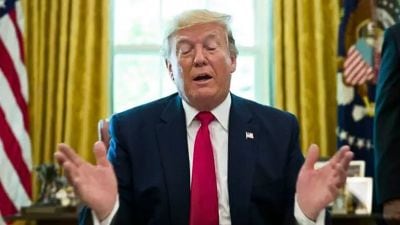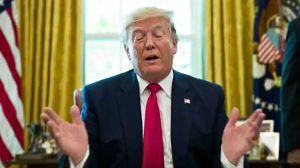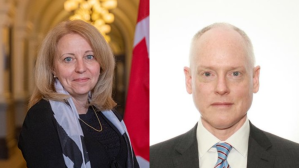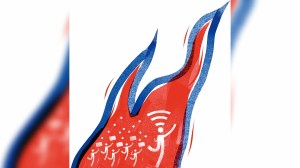Sun Microsystems face discrimination lawsuit
Sun Microsystems, one of the largest Silicon Valley corporations and co-founded by Indian-born Vinod Khosla, is faced by a lawsuit alleging ...

Sun Microsystems, one of the largest Silicon Valley corporations and co-founded by Indian-born Vinod Khosla, is faced by a lawsuit alleging it practices discriminatory policies by replacing older American employees with younger and lower paid Indians.
Walter Kruz, who worked in Sun from May 2000 as a software engineer manager filed a lawsuit charging the company with violating age and race discrimination laws by replacing 2,500 American workers and sought compensation for lost wages, attorney’s fees and unspecified punitive damages.
Kruz’s suit, filed in superior court in Santa Clara county, seeks class action status on behalf of all “non-East Indian” employees that were affected by Sun’s workforce reduction policies. Sun’s preference for Indians in its reduction in force selection process discriminated against workers of other races and national origin as well as against workers over age of 40.”
Claiming that preference for Indian workers was “an extricable part of its corporate culture, it cited a 60 minutes interview on CBS with Khosla, now a partner at venture capital firm at Kleiner Perkins Caufield & Byers, saying Indians are “favoured over almost anybody else.”
James Caputo, an attorney representing Kruz, estimates the class could encompass as many as 2,400 former Sun workers.
Sun spokeswoman Diane Carlini said the company had not yet seen the suit and added that Khosla’s quotes were taken out of context. Khosla, no longer an employee, did not influence policy on hiring, she added.
Spokeswoman Carlini also said that Sun was cleared of similar charges that its H1-B practices violated labour laws. “It seems similar to what we’ve seen in the past where we have been cleared,” she said.
Although its not illegal to hire or retain H-1B visas in lieu of American workers, employers must pay the “prevailing” wages for specific jobs in a region and the process could not adversely impact a specific population of workers.
Analysts note that the allegation struck at the heart of an ongoing debate between US technology groups and their high-tech employees over the federal government’s H-1B visa programme, which allows corporations to temporarily import foreign workers.
The visa programme was designed to help US companies find workers with hard-to-find skills but there is growing concern among American workers that the companies are taking advantage of it to merely cut costs.
Photos





- 01
- 02
- 03
- 04
- 05


























